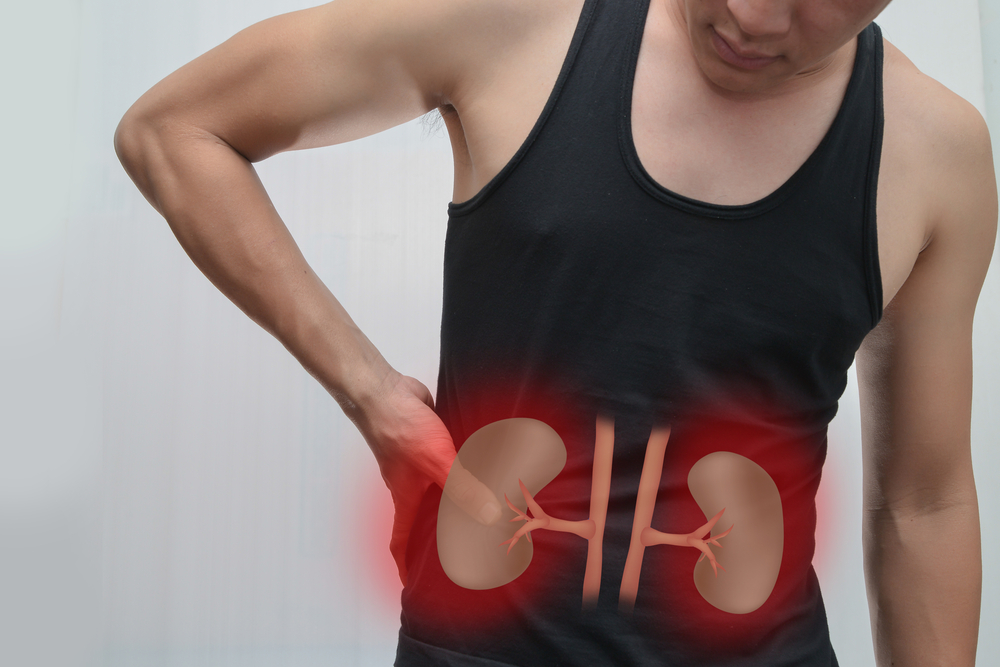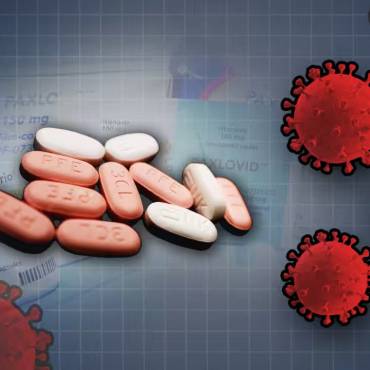If you have kidney stones, your doctor may recommend you an eating plan for kidney stone prevention. Find diet tips to prevent kidney stone in this blog. The pain associated while having a kidney stone can be mild to severe. Sometimes, the pain can be unbearable until the tiny stone passes through the body.
Before heading towards the kidney stone prevention, we should know about kidney stones in details. These are tiny, hard mineral deposits that are formed in the kidneys. The kidney stones or renal calculus are formed when the urine becomes concentrated and allows minerals to crystallize and stick together. Kidney stones can be found in different sizes and shapes. However, the sizes of kidney stones vary from tiny microscopic crystals to stones as large as potatoes.
Flank pain and blood in the urine (hematuria) are some of the symptoms of a kidney stone. An estimated, three in 20 men and one in 20 women in the UK develop a kidney stone at some point in their lives. The condition can happen at any age, but people between the age of 20 and 40 are at high risk of developing kidney stones. Various researchers have found about half of people who have developed a kidney stone previously may develop another at a later time in their life.
Causes and risk factors of kidney stones:
There is no definite cause of kidney stones, although several factors may increase your risk. Most kidney stones are made of calcium or are formed if your urine is concentrated. In simple terms, kidney stones are formed when more sweat is released than your fluid intake, and this happens when you exercise vigorously, live in a hot climate or work in a hot environment. Moreover, various other factors may also increase your risk of developing kidney stones, including:
• Family or personal history-
A person having family member/s with kidney stones is likely to develop stones.
• Dehydration-
Drinking less water each day can increase the risk of developing kidney stones.
• Certain diets-
Diet containing high protein, sodium, or and sugar may increase the risk of developing some types of kidney stones. In addition, high sodium content in the diet increases the amount of calcium in the kidneys and significantly increases the risk of developing kidney stones.
• Being obese- Obesity leads to multiple health conditions including blood pressure, strokes, some types of cancer risks and an increased risk of kidney stones.
• Digestive diseases and surgery-
Gastric bypass surgery, inflammatory bowel disease or chronic diarrhea can create hurdles in the digestive process. These affect the absorption of calcium and water in the body and increase the levels of stone-forming substances in the urine.
• Other medical conditions-
Various medical conditions including renal tubular acidosis, hyperparathyroidism, certain medications, cystinuria, and some urinary tract infections increase the risk of developing kidney stones.
Also Read: Arthritis alert: don’t let that joint pain go untreated
How to prevent kidney stones?
Sometimes following a particular diet may help in kidney stones prevention. Therefore, you may be recommended medications along with special diet. However, not all dietary recommendations can benefit all types of stone formations.
Diet for kidney stone prevention:
Various test results for kidney stones help the doctor in creating a diet plan for you. You may be asked to make dietary changes to the amount of sodium, oxalate, protein, calcium, citrate, potassium and fluid intake. Below are some of the diets for kidney stone prevention:
• Stay hydrated- Staying hydrated is the key to ‘healthy’ you. You can stay hydrated by drinking enough water during the day. By doing this, you can lessen your risk of forming a new stone. So, it is recommended for you to drink at least three quarts (12 cups) of fluid throughout the day.
• Restrict yourself from oxalate-rich foods- If you have developed calcium oxalate stones, you may be advised to eat fewer oxalate-rich foods. These include beets, spinach, Swiss chard, sweet potatoes, okra, nuts, chocolate and soy products.
• Eat low-salt and animal protein diet- Try to reduce the salt amount in your diet and also choose non-animal protein sources, such as legumes.
Also Read: The best way to manage diabetes
Dietary approaches for kidney stone prevention:
Apart from drinking water and avoiding soda, find other diet recommendations that can reduce your risk of developing kidney stones. These are as follows:
• Get enough magnesium- Magnesium plays a vital role in the body’s absorption and assimilation of calcium. It is also responsible for more than 300 biochemical reactions in the body, and the deficiency of Magnesium is often linked to the formation of kidney stones. So, try to add magnesium-rich foods to your diet like green leafy vegetables and Swiss chard. For enough magnesium, nuts like almonds and seeds such as sunflower seeds, pumpkin seeds and sesame seeds are good.
Conclusion:
Kidney stones can be terribly painful, but you can reduce the risk of developing stones by following right diets for kidney stone prevention discussed in this article.



